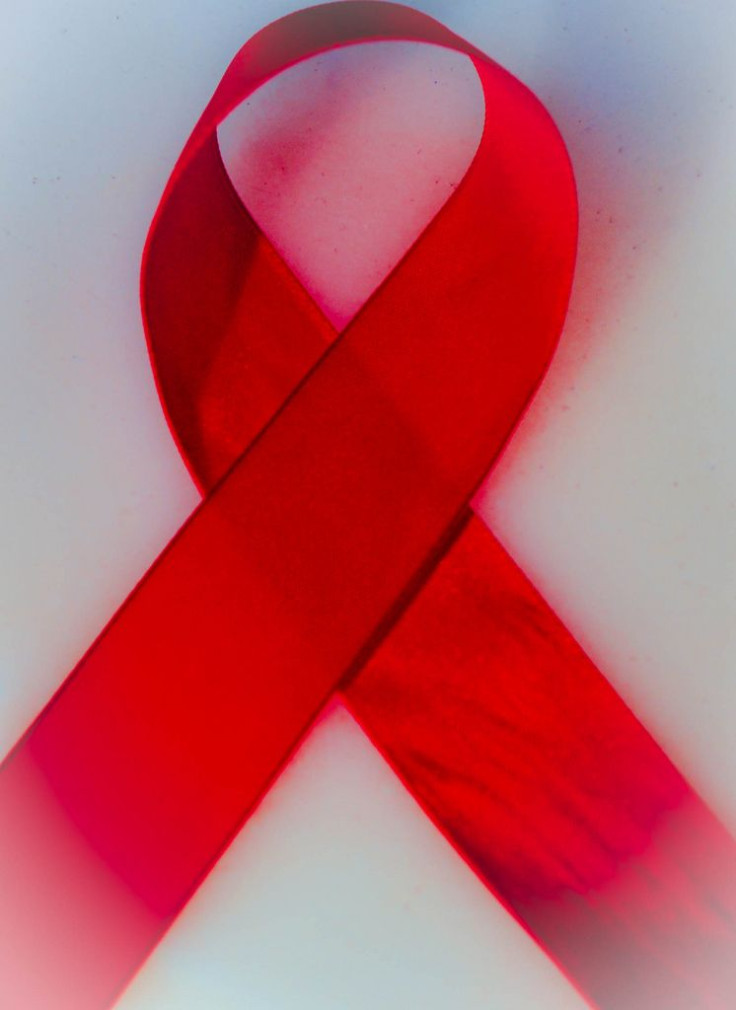HIV Could Be Worsened By Harmful Bacteria, Like E. Coli, In Digestive Tracts

Human immunodeficiency virus (HIV) is a sexually transmitted infection that works to deteriorate one's immune system. It leads to acquired immunodeficiency syndrome (AIDS), which essentially means that one's immune system has been compromised to the virus. People with HIV/AIDS often die from curable and acute infections, such as pneumonia, that worsen due to weak immunity.
A new study shows that those infected with HIV have very high levels of harmful bacteria in their digestive systems, which can further worsen their lack of immunity. Researchers feel that the bacteria may be directly weakening the barrier of the digestive system as well as the immunity that is specific to the digestive system. The results highlight the role of the digestive system in HIV and open up the possibility of restoring normal bacteria and digestive tract immune function as a potential way to manage disease progression.
The digestive tract is considered the one part of the body in contact with the outside world. It is where we insert foreign materials, like food, which can then travel through the body and out through the tract. As a result, the digestive tract has its own form of immunity to help prevent infection from these foreign materials.
In a study of 32 men — nine without HIV infection and 23 with the infection — researchers found that the bacteria in the digestive tracts of infected men differed greatly from that of the uninfected men. The HIV-positive men had unusually high levels of Salmonella, Escherichia, Shigella, and Staphylococcus bacterium in their digestive tracts. Each of these bacteria cause food poisoning that ordinarily, to a person with an intact immune system, would not be that serious. However, in the case of someone with HIV, the symptoms of food poisoning — fevers, diarrhea, abdominal pain, and dehydration — never subside, leaving the person's body to waste away from infection.
Researchers suggest that high levels of harmful bacteria in the digestive tract are a part of the way that HIV attacks the body's immune system to render it useless. The existence of many bacteria in the body will trigger the body's initial immune response. This is called inflammation, and it serves to call other immune cells to the site of the bacterial infection so they can kill the invading bacteria. However, HIV proliferates by entering the immune response cells that would normally ameliorate an infection and destroying them. As a result, inflammation persists, making the body vulnerable to further infection.
Now that unusually high levels of harmful bacteria in HIV-positive patients have been identified, management of HIV symptoms can begin to focus on these specific bacteria.
Source: Vujkovic-Cvijin I, Dunham RM, Iwai S, et al. Dysbiosis of the Gut Microbiota Is Associated with HIV Disease Progression and Tryptophan Catabolism. Science Translational Medicine. 2013.



























